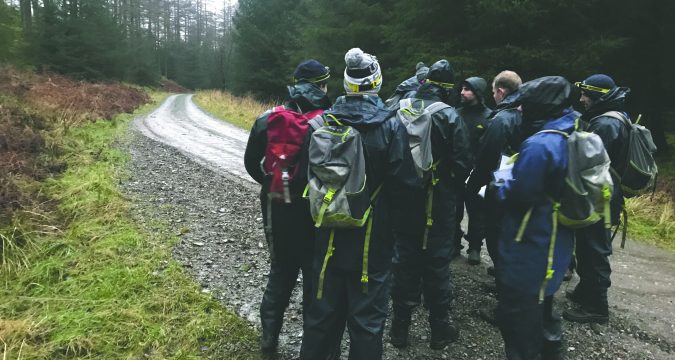 Alex Davis took a trip to the Lake District in January, right in the middle of Storm Brendan, to see how our whistle-blowers are put through their paces on a pre-season team-building exercise for referees.
Pre-season is ending. All the teams have worked hard to get themselves into shape, instil team values and build skill levels ready for the ne
Alex Davis took a trip to the Lake District in January, right in the middle of Storm Brendan, to see how our whistle-blowers are put through their paces on a pre-season team-building exercise for referees.
Pre-season is ending. All the teams have worked hard to get themselves into shape, instil team values and build skill levels ready for the ne Inside the match officials training camp
 Alex Davis took a trip to the Lake District in January, right in the middle of Storm Brendan, to see how our whistle-blowers are put through their paces on a pre-season team-building exercise for referees.
Pre-season is ending. All the teams have worked hard to get themselves into shape, instil team values and build skill levels ready for the ne
Alex Davis took a trip to the Lake District in January, right in the middle of Storm Brendan, to see how our whistle-blowers are put through their paces on a pre-season team-building exercise for referees.
Pre-season is ending. All the teams have worked hard to get themselves into shape, instil team values and build skill levels ready for the ne 